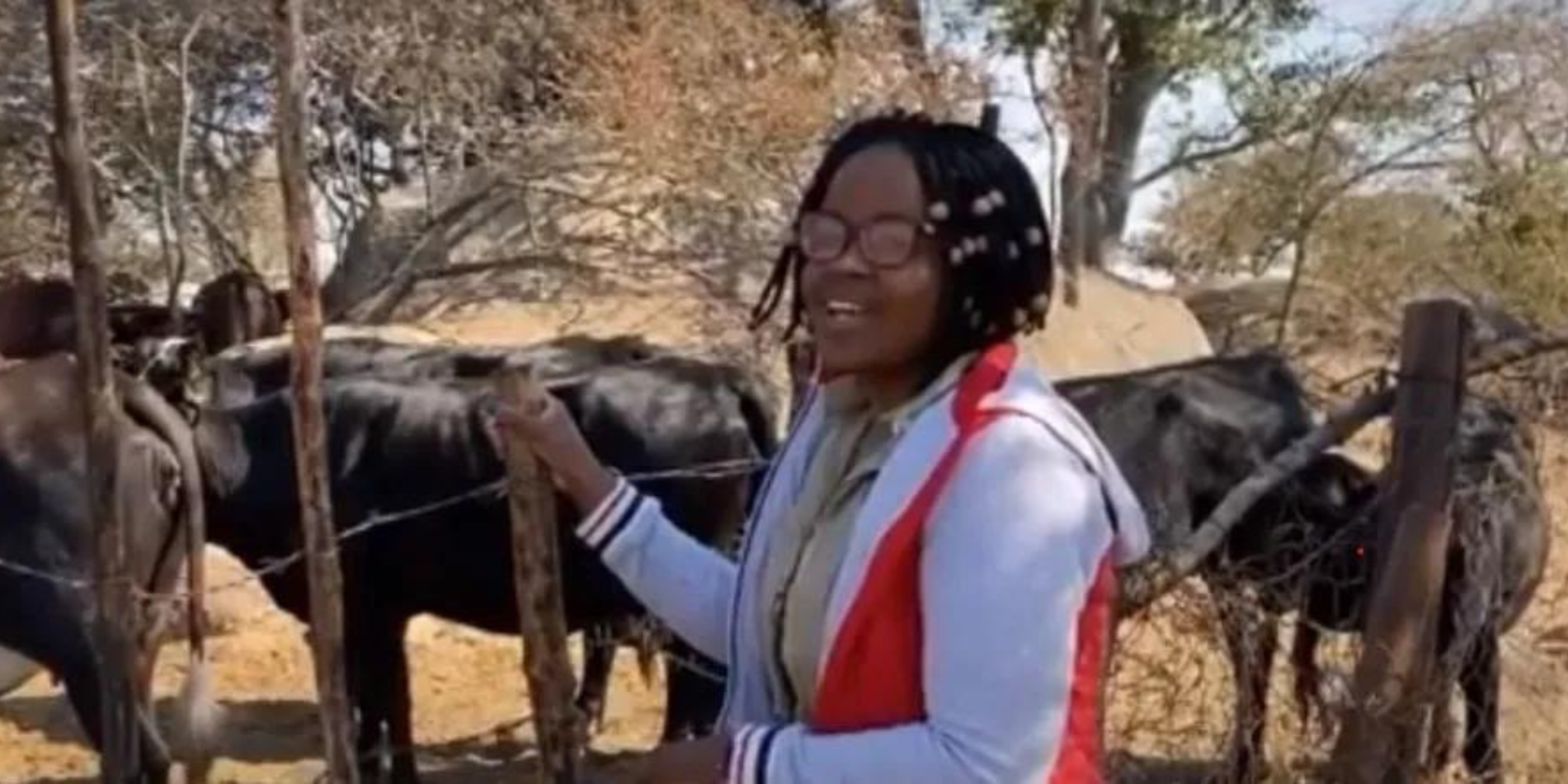A recent report by the World Bank unveils a striking gender gap in Zimbabwe’s agricultural landscape, with women owning a mere 9% of the country’s commercial cattle. The report, titled “Missing Voices, Missing Potential: The Status of Women in Zimbabwe’s Agricultural sector,” sheds light on the disparities faced by women in the sector.
Released alongside the Livestock and Fisheries Assessment report for the 2022/23 summer season by the Ministry of Lands, Agriculture, Fisheries, Water and Rural Development, the findings reveal a significant contrast in ownership across farm types. Out of the national beef cattle herd of 5,642,400 in 2022, a whopping 91% is owned by men on large-scale commercial farms, leaving women with only 9%.
Further analysis shows that female-headed households in communal lands own merely 35% of the cattle. Additionally, women represent a minority in the agricultural workforce, constituting only 39.4% on large-scale commercial farms, 43.5% in old resettlement schemes, and 39.7% on A1 commercial farms.
Sarah Nyathi, a small-scale farmer from Mashonaland Central province, emphasizes the significant role women play in food production while lamenting the challenges they face in accessing resources and land ownership necessary for productivity.

The report also highlights the alarming disparity in land ownership, with only 2% of women having documented ownership compared to 3.8% of men. Thandiwe Moyo, president of the National Women Farmers Association of Zimbabwe, stresses the importance of secure land ownership for women’s long-term investment in farming.
Women’s limited access to productive land not only affects their income but also hampers their ability to contribute effectively to food security at a national level. Urging action, the World Bank calls on the Government of Zimbabwe to implement measures to address these disparities comprehensively.
The need for an intersectoral strategy to tackle gender inequality is underscored, along with calls for policy reforms, harmonization of gender laws, and strengthening institutional capacities of relevant ministries. Enhanced coordination among ministries is deemed necessary to align gender agendas effectively.
Criticism is also directed at past land reform programs, which failed to rectify gender imbalances especially in Zimbabwe’s Agricultural landscape. Sociologist Pardon Taodzera attributes the persistence of gender inequality to entrenched patriarchal systems, cultural norms, and customary practices that perpetuate women’s marginalization in Zimbabwean society.








